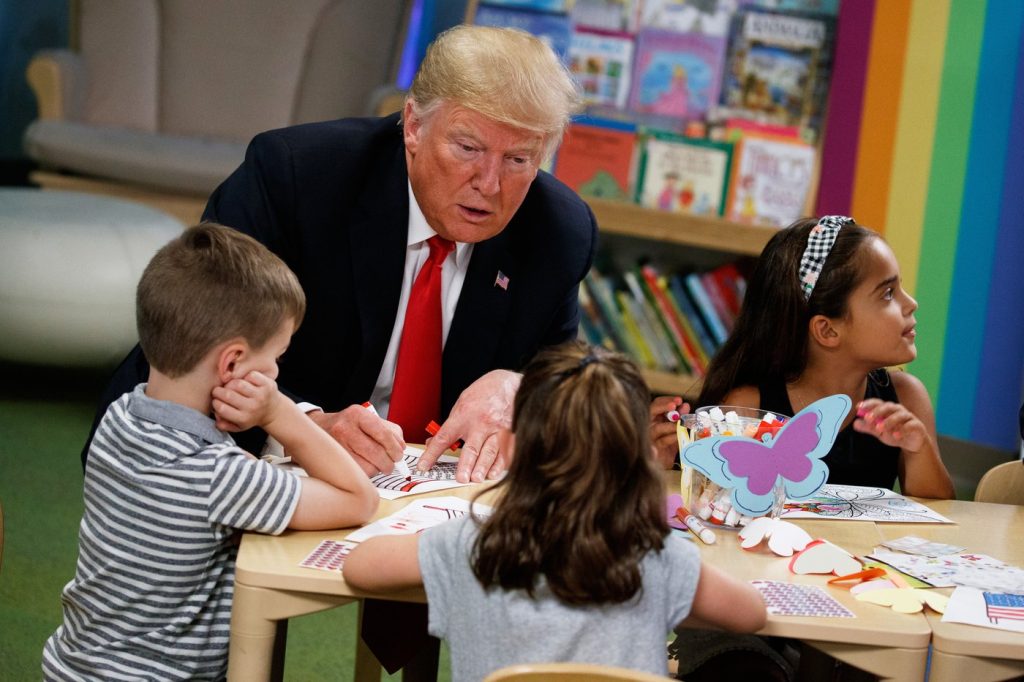On July 4, President Donald Trump signed a significant spending bill into law, which is anticipated to have far-reaching consequences for infants and toddlers, particularly those from low-income families who depend on federal social safety net programs. While the legislation offers benefits to middle-class and affluent families, it has resulted in substantial cuts to essential programs aimed at maintaining the health of low-income families with babies.
The law extends tax cuts from Trump's initial term and allocates billions towards border security. These initiatives come at a high cost, with cuts to Medicaid and the Supplemental Nutrition Assistance Program (SNAP) exceeding $1 trillion. Such cuts mainly affect poorer households that rely on these programs for support.
Although the legislation, dubbed Trump's "big beautiful bill," includes provisions for increasing tax credits for families with children, advocates express concern that these enhancements will not sufficiently compensate for the losses suffered under the bill. Notably, the child tax credit has increased to $2,200 per child from the previous $2,000. However, many low-income families who do not owe income taxes will still see no benefit from these increases.
The law also introduces "Trump Accounts," investment accounts for newborns, funded with an initial $1,000 from the government. While the program is designed to support all families regardless of income level, critics argue that it overlooks the immediate needs of those living in poverty and that a more significant initial endowment would be necessary to address inequality effectively.
The Medicaid cuts, which do not directly remove children or their parents from coverage but impose new work requirements on childless adults and parents of older children, could further strain families. Over 10 million Americans lean on Medicaid for healthcare, covering approximately 40% of births. Pediatricians warn that reductions in Medicaid could adversely affect all children, not just those directly reliant on the program, as healthcare providers may need to eliminate less profitable services, including pediatric care. This could exacerbate the existing shortage of pediatricians and specialized medical facilities for children.
States will also bear a greater financial responsibility for Medicaid, increasing the risk of cuts to optional programs supporting children, such as therapies for young children with disabilities. The financial strain on households could also lead to increased stress for parents, making it harder for them to provide care effectively and lowering their likelihood of seeking medical help for their children.
Moreover, SNAP faces unprecedented cuts, with new requirements mandating parents to work to qualify if their children are 14 or older. Some immigrant families, including those legally residing in the U.S., will be removed from food assistance programs, and eligibility assessments will become more stringent, further complicating access to vital nutrition.
As funding for SNAP is shifted to states, budget-constrained state governments may impose additional requirements that hinder access to food assistance. Advocacy groups cite concerns that the bill undermines a longstanding commitment to ensuring nutritional support for low-income children nationwide.
In summary, while the new legislation features some provisions aimed at assisting families with children, the cuts to crucial social safety net programs pose significant risks to vulnerable populations, especially infants and toddlers. The long-term impact of these legislative changes could potentially undermine the health and prosperity of children from low-income families, creating a ripple effect that may affect overall pediatric healthcare access and the well-being of future generations.











